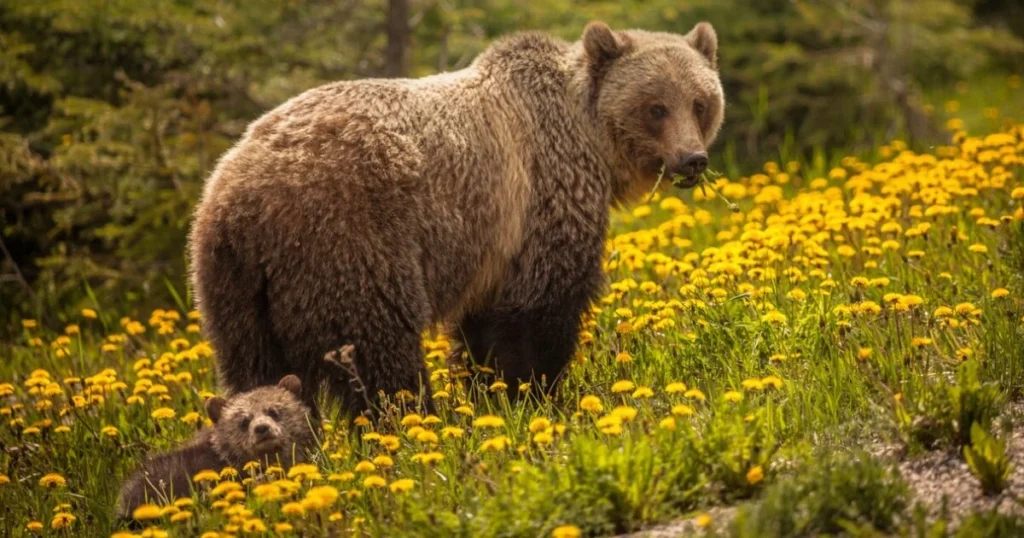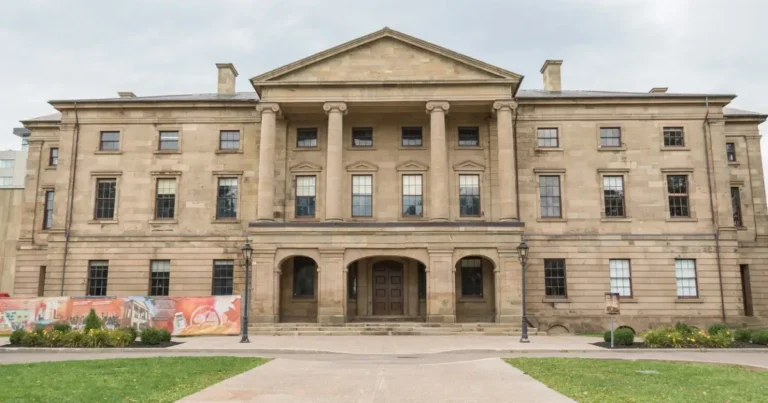
Photo by benkrut / Getty Images
British Columbia is seeking public input to a draft Grizzly Bear Stewardship Framework, and The Fur-Bearers encourage supporters to share their voice.
The draft, which can be viewed on the Engage BC website (click here), outlines that the purpose of the framework is not to manage site-specific issues, but is to “provide guidance for the consideration of grizzly bear values for proponents, decision makers, and participants on initiatives related to land and resource planning to inform local decisions, and enables amendments to policy, legislation, and programs related to grizzly bears.”
Trophy hunting of grizzly bears was outlawed by the BC government in 2017 following ongoing campaigns by numerous non-profits (including The Fur-Bearers), Indigenous communities, and clear demand from the public. The species (Ursus arctos) was first assessed as a Species of Special Concern by the Committee on the Status of Endangered Wildlife in Canada (COSEWIC) in 2012, and eventually listed as Special Concern in Canada on the Species at Risk Act in 2018.
The draft framework cites a COSWEIC report, which states, “the grizzly bear’s habitat is at risk from expanding industrial, residential and recreational developments. Habitat and population fragmentation are ongoing in the southern part of the bear’s distribution. Due to life history characteristics, the grizzly bear is particularly sensitive to human-caused mortality (including hunting, poaching, accidents and conflict-related kills)”.
How You Can Help
Take time to review the draft framework and share your thoughts through the Engage BC portal. It is an interesting read that incorporates science with Traditional Ecological Knowledge of many Indigenous and First Nations groups, and can provide more insight into the lives, ecological roles, and coexistence concepts related to grizzlies.
There is encouraging language about an increased level of monitoring, support (financial and policy) for various coexistence endeavours, and a focus on protecting grizzly bear populations; the desire of the government to infuse this process with Indigenous and First Nations reconciliation efforts is welcome and appropriate.
However, there are concerns related to language that suggests the province would consider reinstating licensed hunts for commercial purposes in the future. Trophy hunting for grizzly bears was banned in 2017 in British Columbia following clear public demand from British Columbians and many First Nations. The document writes:
“Should licenced hunting be considered in future, it would require a more detailed and focused review of Indigenous and non-Indigenous perspectives, science, and policy (including population objectives, cumulative effects, and threat mitigation) than is contemplated in this document.” (Page 55)
This language is concerning, as the province appears to open the door for consideration of trophy hunting rather than firmly committing to its ban on the grizzly bear hunt. Then Minister of Forests, Doug Donaldson, said during the announcement of the end of grizzly bear hunt in 2017, “Through consultations this past fall, we have listened to what British Columbians have to say on this issue and it is abundantly clear that the grizzly hunt is not in line with their values.” The government news release writes that “Through the consultation process with First Nations, stakeholder groups and the public, 78% of respondents recommended the hunt be stopped entirely.”
In addition, this framework document identifies that the killing of bears by people causes significant mortality in relation to other human-caused mortalities. “In jurisdictions that permitted grizzly bear hunting, legal harvest accounted for 39-44% of the mortalities.” (Page 22) The potential reinstating of licenses to hunt grizzly bears for commercial purposes appears inconsistent with the general aims of the grizzly bear stewardship framework. Page 40 writes, “Grizzly bears are one of most intensively managed wildlife species in B.C. Stewardship activities are required to reduce human-caused mortality.” (emphasis added)
The commenting period has been extended until October 6 at 4 pm Pacific Time. Click here to visit the Engage BC site now.
When writing your comments, remember to:
- Follow the instructions. Comments not related to the focus of the draft and framework are unlikely to be considered.
- Be polite and professional. Crude or offensive language will lead to a message being ignored.
- Cite sources, including the framework draft, as needed.
- Be thorough. Make sure you read the draft framework prior to submitting a comment to ensure it is thoroughly reviewed and considered.
